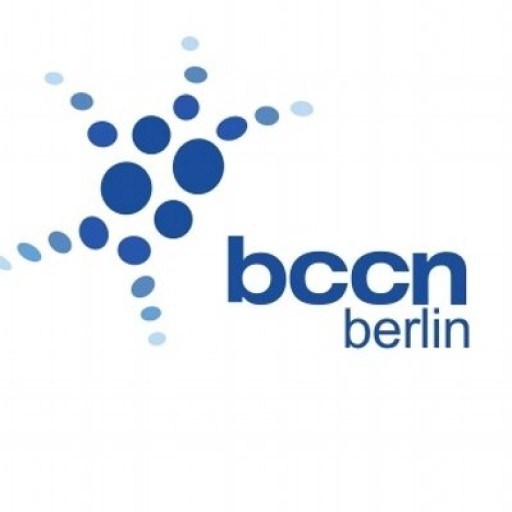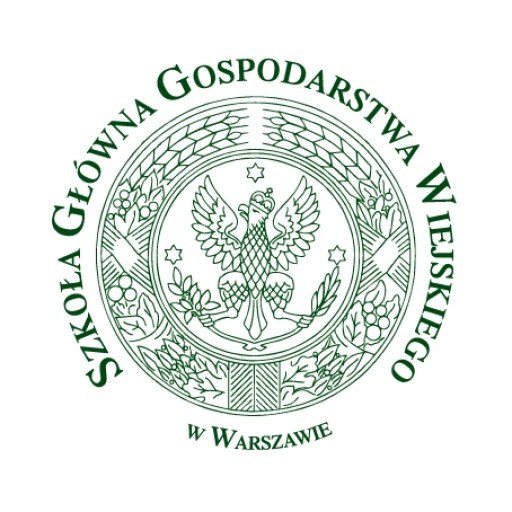Photos of university / #dublincityuniversity
The PhD programme provides world class research training and supervision to PhD scholars focused on conflict resolution and reconstruction and on the politics of the regions where we focus our work. This programme provides a structured PhD programme with a much higher degree of training, supports and funding that traditional ‘apprentice’ models which have relied largely on one to one interactions with a supervisor. Employers and funders want universities to provide PhD students with a wider range of transferable skills and with better professional development. This programme combines the rigour and professionalism of the American approach to PhD training with the independence and imagination of the traditional British-Irish model.
Our students are internationally diverse and have top quality masters degrees and/or extensive periods of professional experience. The taught courses in year one are designed to get students started on their PhD as soon as possible in a manner which allows then to make good progress with a sense of direction. Assignments are designed to help you make choices about your PhD as well as develop your research and analytical skills. They will not pull you in 100 different directions to no purpose. Students will have regular access to their supervisor for guidance and feedback and will have access to a wide range of experts within the Institute for more informal advice on different aspects of their work. As students progress beyond year one, the Institute will support their access to international conferences and networks and training, and ensure the highest levels of professional development.
Core modules cover research design, along with quantitative and qualitative approaches to research and key debates within conflict studies. Students will also have access to a wide range of modules in sub-fields within politics and international relations, regional specialisms and focused courses on issues such as ethics and enterprise development. Each module requires attendance at classes and completion of assessments.
Conflict Resolution
Conflict Resolution and conflict management are at the heart of the activities of our Institute. Drawing on the Northern Ireland experience and the expertise of our researchers on other regions around the globe we are focused on strengthening the evidence base as to what works (and what does not work) in conflict resolution and management. Working with international organisations and civil society we also seek to bring that evidence base to those involved directly in practice. We have a number of projects in this cluster of work.
Post Conflict Political and Constitutional Reconstruction
Signing a peace agreement is simply the first stage in a peace process and repeated studies show that more agreements fail than succeed. The post-conflict period is therefore crucial and the peace-building phase, including peace-keeping where appropriate, constitutional and institutional design, security sector reform, demobilisation, reforming gender relations and strengthening states and civil society are some of the most important areas where we need to strengthen our evidence base of what types of process and interventions are most successful in managing conflict and building peace. We have a number of projects in this cluster of work.
To register for a Postgraduate Research programme, a candidate must normally have obtained a primary degree classification equivalent to Lower Second Class Honours or above, from an approved University or an approved equivalent degree-awarding body, or have an approved equivalent professional qualification in an area cognate to the proposed research topic. PhD: Candidates holding an appropriate Master's degree obtained by research may apply for direct entry to the PhD register to conduct research in a cognate area.
In the case of all applications, evidence MUST be provided of competence in the English language. The list below indicates the minimum standards in the English language, which should be met for entry to undergraduate and postgraduate programmes in DCU.
| Examination | Level Required |
|---|---|
| Irish Leaving Certificate English | Ordinary Level Grade D3 |
| GCE A-Level English Language | Grade D |
| IELTS | Composite score of 6.5 or above, with no less than 6.0 in any one component |
| TOEFL | 237 (computer-based), 580 (paper-based test) |
| Toefl iBT | Total Score of 92 |
| Cambridge Certificate of Proficiency in English | Grade C |
| Cambridge Certificate of Advanced English | Grade B |
| English Test for Academic and Professional Purposes (ETAPP) | C1 |
| Pearson Test of English (PTE Academic) | 63 (with a minimum of 59 in all components) |
In certain circumstances, results in examinations other than those outlined above may be accepted as proof of competence in the English language. This is the case, for example, for students who have successfully achieved Grade D or higher in examinations which are deemed by DCU to be the equivalent of GCE A-Level examinations and non-native speakers of English who have completed their education through the medium of English. Please include the details of any English language examinations and proof of successful completion when applying to DCU.
Want to improve your English level for admission?
Prepare for the program requirements with English Online by the British Council.
- ✔️ Flexible study schedule
- ✔️ Experienced teachers
- ✔️ Certificate upon completion
📘 Recommended for students with an IELTS level of 6.0 or below.
Dublin City University is proud to award merit-based scholarships to high achieving students who enter the Faculty of Engineering and Computing and the Faculty of Humanities and Social Sciences for the 2016/17 academic year. These scholarships are available to Indian applicants only and are based on academic merit to those who have a Full Offer.
The Faculties also award scholarships of €1,000 to high achievers entering Masters and Bachelor programmes who are ranked by academic achievement.
1. DCU Postgraduate Research Conference and Travel Grant
Each postgraduate research student, full-time or part-time, can apply in the period of his or her studentship for a Conference and Travel Grant from the DCU Research Committee. The scheme is administered through the Graduate Studies Office (GSO), based in AG40 Albert College Building.
2. Student Universal Support Ireland (SUSI)











